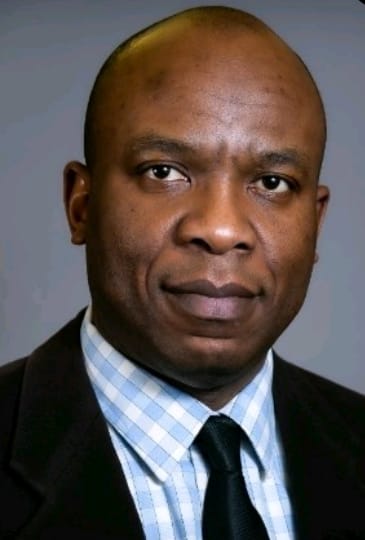By Abidemi Adebamiwa
I recently came across a viral post attributed to Reno Omokri, where he claims that STEM degrees are far superior to degrees in political science, philosophy, sociology, and other humanities. While I understand the intent may be to provoke reflection—especially in this era of AI disruption—I respectfully disagree with the oversimplified and dismissive tone of that argument.
Yes, the labour market may favour STEM graduates on average, but that doesn’t mean degrees in the humanities or social sciences are inferior by design. The world is far more complex than a single job market trend. Framing educational choices as binary—either you’re a scientist or you’re doomed—is not only misleading, it’s intellectually lazy.
As someone with a Bachelor’s degree in Business Administration (specializing in Strategic Intelligence) from Liberty University, a Master’s in Public Policy and Administration, and a Master of Science in Law from Northwestern University—a top U.S. institution—I’ve bridged both technical and policy worlds. I’m currently pursuing a PhD in Political Science and International Politics at a top school in California, studying under the founder of Power Transition Theory—a framework used to understand global order and strategic shifts throughout history.
Let’s be clear: a PhD in Political Science is not an easy route. It requires deep grounding in scientific methodology, statistical reasoning, and advanced quantitative analysis. It is not a “soft” escape—it is a rigorous, scientific, data-driven discipline.
Interestingly, many scientists today are choosing to complement their STEM backgrounds with degrees in the social sciences and humanities. Why? Because it’s one thing to be a scientist, and another to understand how to apply scientific knowledge in governance, diplomacy, innovation policy, and social impact. Technical knowledge without human context is like a ship without a compass.
I have friends with PhDs in Mathematics and Computer Science—some of whom are medal-winning scholars—who still reach out for insight. That doesn’t make me better than them; it simply shows that value isn’t defined by one’s discipline but by how knowledge is applied in the real world.
I’ve used my academic background to help governments craft smarter policies, attract foreign investment, and design electrification and climate financing strategies for underserved communities. I mentor the next generation and work across sectors—security, energy, education, and human rights. All of this is built on the foundation of so-called “less marketable” degrees.
Now, to Mr. Reno Omokri: instead of badmouthing those who were wise and bold enough to pursue serious, high-level degrees from globally ranked institutions, perhaps consider investing in real education yourself. You often speak from a place of misinformation and condescension. Many of us secured top-class education through merit and rigorous academic competition—not from low-tier institutions abroad that accept anyone who can pay an application fee. If you can’t meet the standards of leading universities, at least respect those who did.
You cannot mock people who hold real policy influence, who’ve trained in complex systems, and who are actively contributing to building the world you merely comment on from the sidelines.
Yes, be intentional with your education—but don’t weaponize that message to insult others. This isn’t about Gold versus Bronze medals—it’s about understanding what race you’re even running.
In today’s world, it’s not STEM versus the Humanities. It’s STEM and the Humanities. And anyone—regardless of degree—can make meaningful impact when equipped with the right tools, values, and mindset.
Abidemi is a political analyst with advanced degrees in public policy and law.
Share your story or advertise with us: Whatsapp: +2347068606071 Email: info@newspotng.com











 NEWSPOT NIGERIA WEEKLY PULSE
NEWSPOT NIGERIA WEEKLY PULSE 



